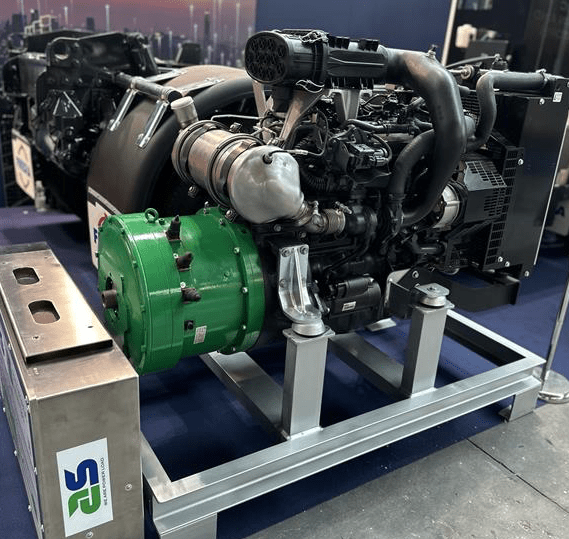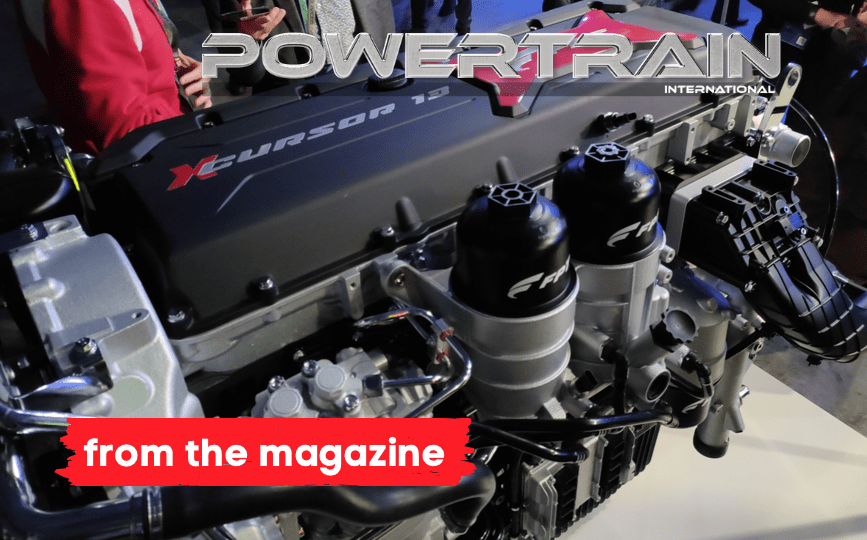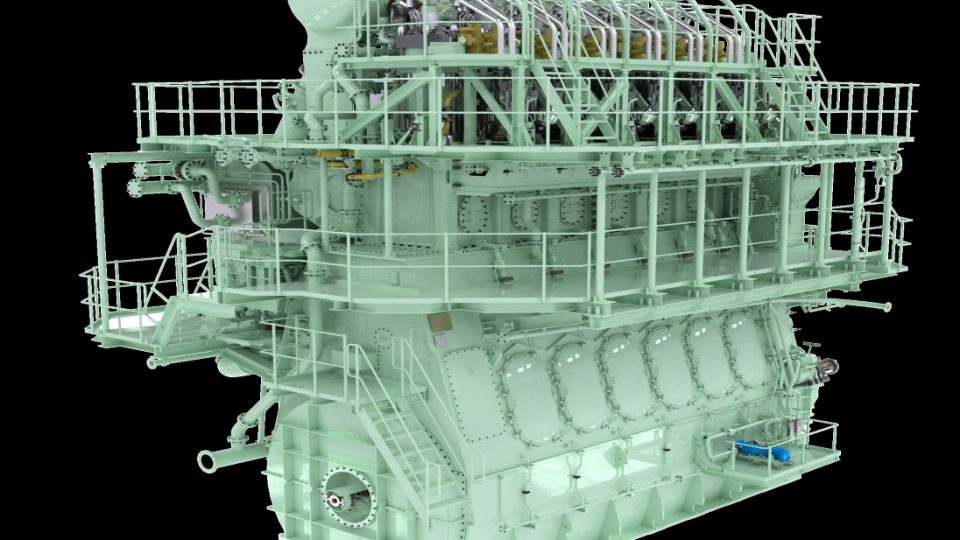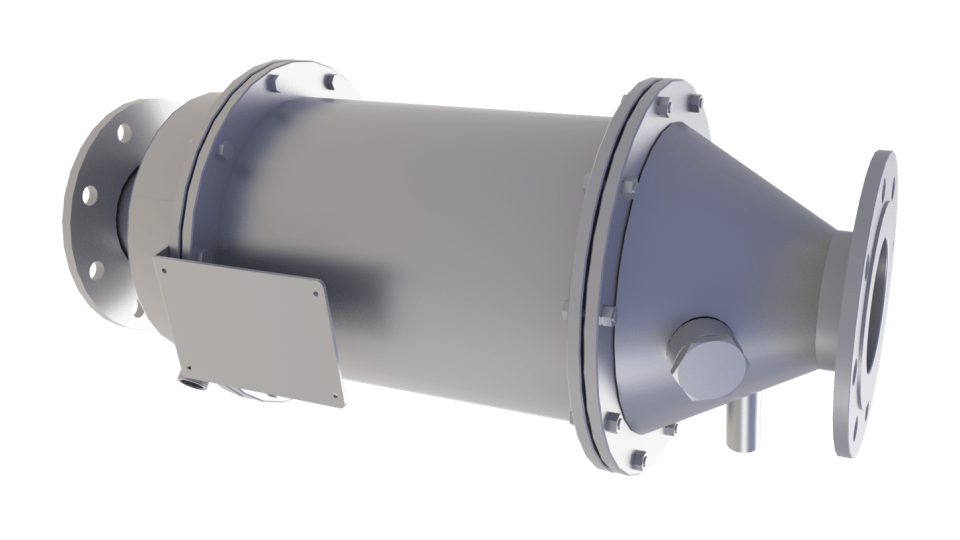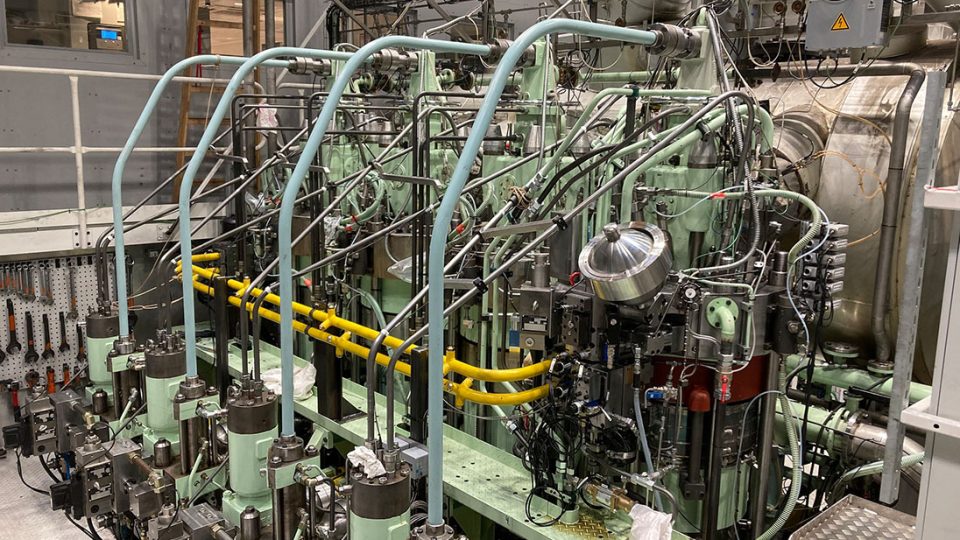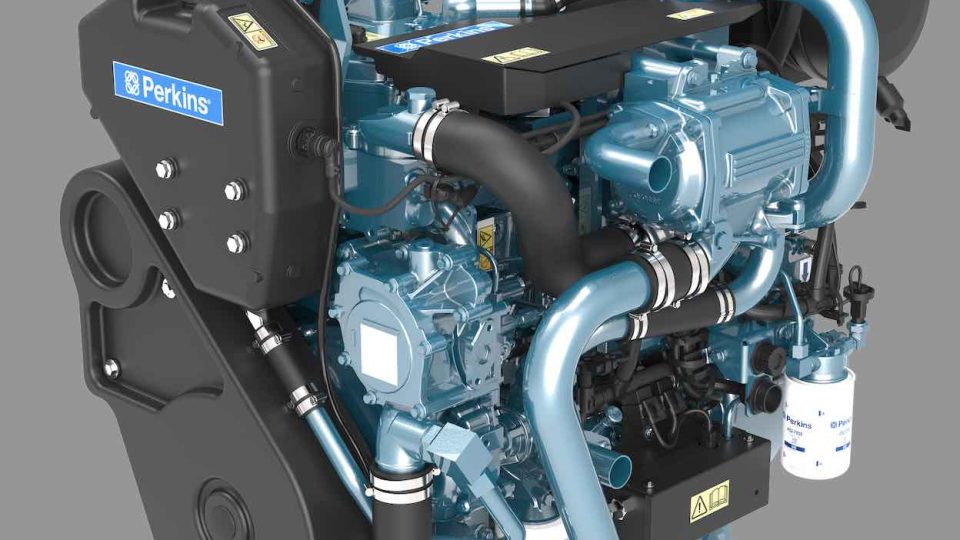Cox Marine: first diesel-hydrogen fuelled outboard
British diesel technology innovator, Cox Marine, has joined Shape UK, a consortium looking to transition Portsmouth International Port into the UK’s first zero-emissions maritime hub.
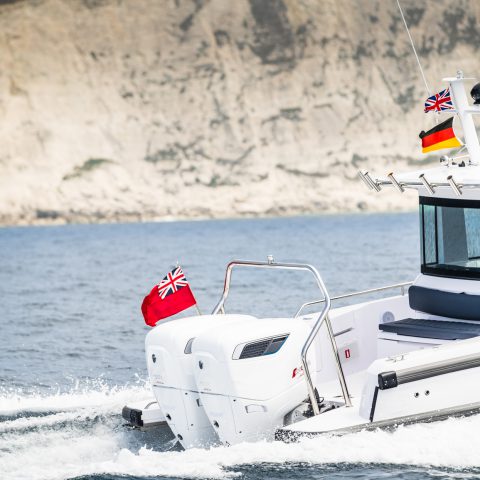
British diesel technology innovator, Cox Marine, has joined Shape UK, a consortium looking to transition Portsmouth International Port into the UK’s first zero-emissions maritime hub. As part of this project, Cox will be working with the University of Brighton to convert one of the company’s CXO300 diesel outboard engines to operate as a dual fuel hydrogen engine and to demonstrate the engine operating in the port environment.
The conversion and demonstration form part of the wider Shipping, Hydrogen & Port Ecosystems UK (Shape UK) project which aims to demonstrate an achievable modular green hydrogen generation system within Portsmouth International Port (PIP). Maritime operations are paramount to the efficient movement of goods nationally and globally but are often high contributors of CO2emissions and air pollutants. The adoption of decentralised energy systems offers the potential to support the necessary transition of ports and their operations to carbon net-zero operations.
Cox Marine: hydrogen-based propulsion systems
Tim Routsis, CEO of Cox Powertrain said: “I am delighted that Cox has been invited to participate in Shape UK. I see the development of effective and useable hydrogen-based marine propulsion systems as essential if we are to drive down emissions while continuing to provide essential transportation systems. This is an area where the UK is excellently placed to develop the technologies and infrastructure whichwill both reduce pollutants and give birth to a vibrant new UK-based economic sector.”
James Eatwell, Head of Research and Development for Cox Powertrain and Shape project lead for Cox said: “The maritime sector as a whole and Cox in particular, recognise the need to make a positive contribution to the significant challenges of reducing worldwide CO2 emissions. From Cox’s perspective, Hydrogen represents a highly promising option for the reduction of marine CO2 emissions, and we are delighted to be a part of this exciting project, bringing together as it doessuch a comprehensive range of expertise from across industry.”

